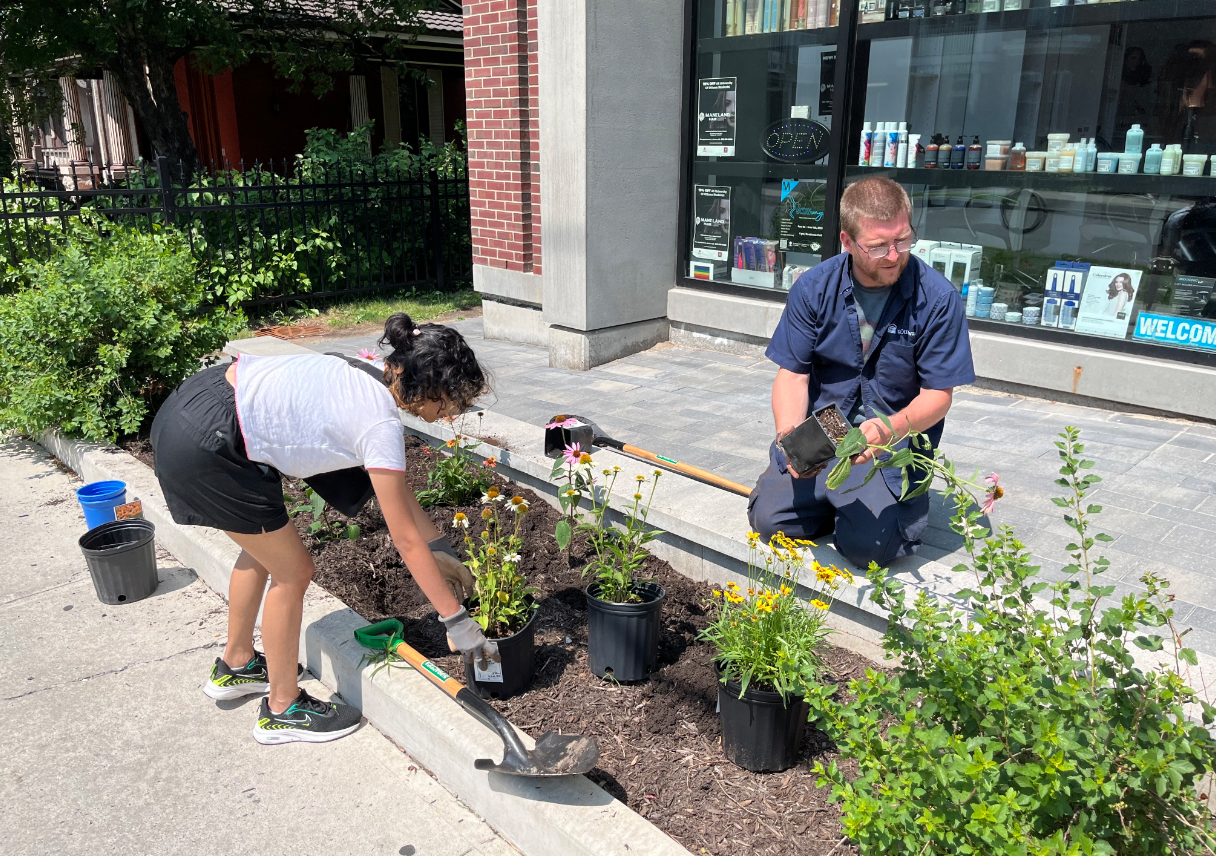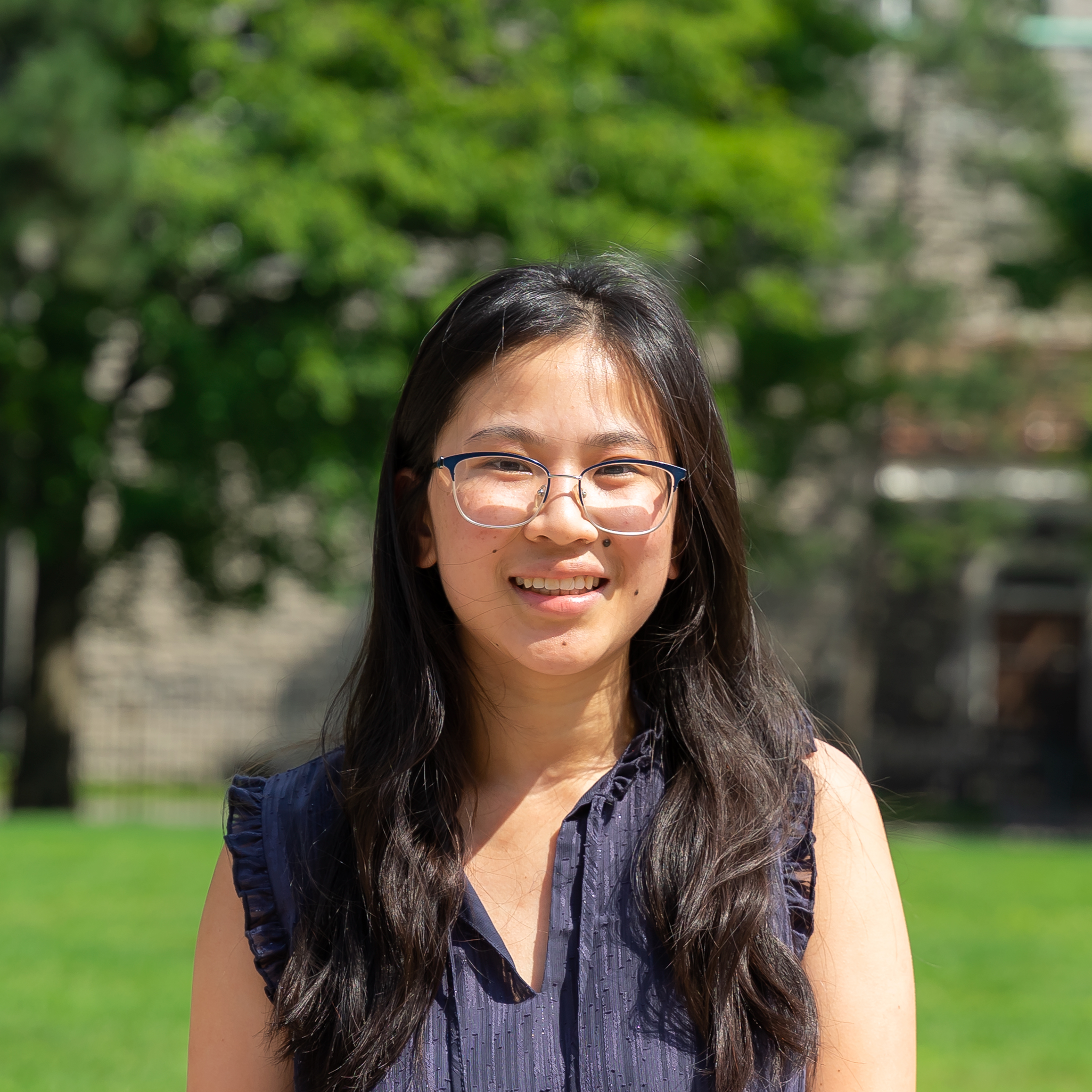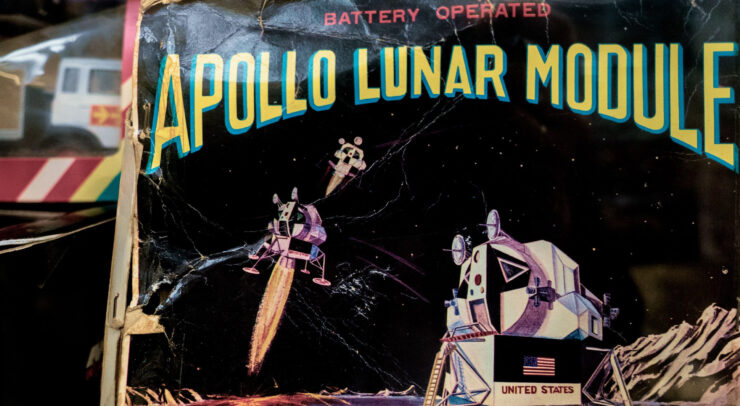BLOOM INTO FRUITION
Green initiatives on campus are blooming into fruition with recent additions to the pollinator gardens and edible landscapes on campus over the summer.
All across campus, students are able to find a wide variety of new and exciting plants placed over the summer as part of the Nature Positive Pledge undertaken by the University of Ottawa.
The Fulcrum got to learn a bit about the sustainable work being done around campus from Jonathan Rausseo, Senior Specialist, and Holly Gordon, Senior Officer, for the Office of Sustainability.
Rausseo, who played a large role in the pollinator work being done, shed some light on the pollinator hotspots.
“We’ve started looking at different places on campus where we can take like monoculture grasses and so forth, and replace those with more pollinator species to increase the biodiversity on campus,” he said.
On the other side, Gordon explained the role of edible landscapes.
“The edible landscapes are a somewhat sister initiative to [the pollinator gardens]…[it is about] adding more edible fruits, vegetables, bushes, and trees into the landscape on campus.” she said. Traditionally, what we’ve seen in the past is a lot of grassy areas, some nice mix trees, and we’ve seen lots of annual flowers for the summertime,” Gordon added. “Now, all those things are really nice, but it’s nice to be able to add a bit more diversity and mixture in there.”
Gordon took a brief stock of some of the plants you can find around campus. “We have planted six apple trees and four pear trees… and we’ve planted a whole bunch of edible plants and herbs. We have things like cucumbers, jalapenos, banana peppers, eggplant, okra, basil, and cherry tomatoes,” she said.
Gordon also highlighted the over 20 serviceberry trees that were planted, most of which can be found near the Louis Pasteur building.
Both Rausseo and Gordon expressed mutual excitement about the recent expansions on campus made possible through the efforts of Victoria Rose King and her group, who won a grant through WWF-Canada’s Living Planet 2022 competition.
Rausseo and Gordon also expressed their hopes that with their expansions, the food created will lead to collaborative sustainability initiatives with other groups on campus, such as the food bank and other services.
Rausseo and Gordon also warned students to trust the experts in what should be eaten and to only eat what is listed as edible.
The Office of Sustainability encourages students to volunteer with them during the summer and fall as well. As Gordon said, “there is a growing interest in [sustainable] food, where it comes from how to grow and having those opportunities… I’m hopeful that we might be able to encourage more people to want to be involved in these types of initiatives and expand them outward.”
Students are able to locate these green initiatives and more through their green space campus map.







